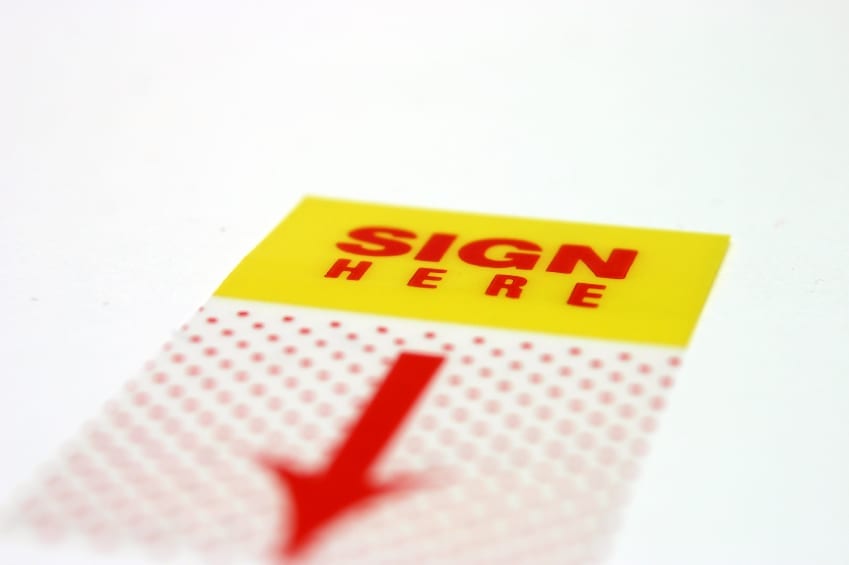Welcome back to Positive Force Event Planning 101! We are nearing the end of what I hope has been a helpful series to all of you wearing your event planner cap. We’ve already covered establishing your event goals, budgeting, choosing a venue, hiring great vendors, and the invitation process. Today, I’m going to cover an important topic that can mean the difference between a stellar event and a big ol’ mess: handling the unexpected.
As the title suggests, planning for the unexpected is a part of the overall process in planning an event. While I can’t promise you won’t still be stressed out by unexpected changes, I can assure you it will be much easier to take in stride if you have accounted for the chance of them.

First, let’s go over the type of emergencies I’m referring to. Typically, event “emergencies” fall into two categories: natural and man-made. Natural emergencies include weather-related events (rain, hurricanes, floods, etc.). Man-made emergencies include last-minute vendor cancellations, technical glitches, medical emergencies, and community tragedies. I’ll address each of these today so that you know how to handle them in the (unlikely but all too possible) occasion they arise.
First and foremost, you must have a contingency plan in place (in writing) for your venue and each of your vendors. Before you sign a contract, be sure that your agreement includes their responsibility should they be unable to provide the stated goods and/or services. For example, if your event is taking place outside, does your venue have tents available in the event that it rains on event day? If you’ve hired A/V professionals, will they offer an immediate replacement of non-functioning equipment? If your caterer is unable to provide the meal you’ve selected, will they provide an alternative of equal quality or reimburse you for the money you spend on a different caterer? Does your venue have a backup source of power if the electricity goes out? Does your event photographer have an equally-experienced replacement available if he/she should become ill on the day of your event?
One last thing to remember in regards to your contingency plan: be sure you factor it into your budget. For example, if one of your vendors falls through and you have to front the cost of to find a replacement, you don’t want to have to worry about the money on the day of your event. More often than not, you will not have to use your contingency plan but isn’t it a load off to know it’s already there if you?
For those emergencies that are completely out of your control, such as natural disasters and community tragedies, it will be up to you to determine whether to carry on with your event or reschedule it. If you think it is appropriate and safe for your guests to attend your event, and you think they will, by all means, go ahead. I recently wrote on the topic of choosing whether to go ahead with your event after a community emergency and it is worth a read if you find yourself in this position.
Here are a few tips for the day of your event to ensure that things run smoothly, even if surprises arise:
- Have on-hand the direct numbers to all vendors should you need to reach them.
- Arrive early to meet all on-site professionals and to be sure they have everything they need.
- Know where all emergency exits, medical emergency kits, and fire extinguishers are located in your venue ahead of your event.
- Divvy up specific responsibilities for your team members to focus on and recruit a couple event volunteers, or consider paying an assistant, to help you with any and everything.
Whatever you do when faced with the unexpected, react quickly, smile, and be courteous. If you do, everyone is more likely remember how well you handled an emergency or, better yet, not even notice anything went wrong in the first place! Be sure to share your questions and your own tips with us here, on Facebook, and on Twitter @PosForceHouston!








Responses